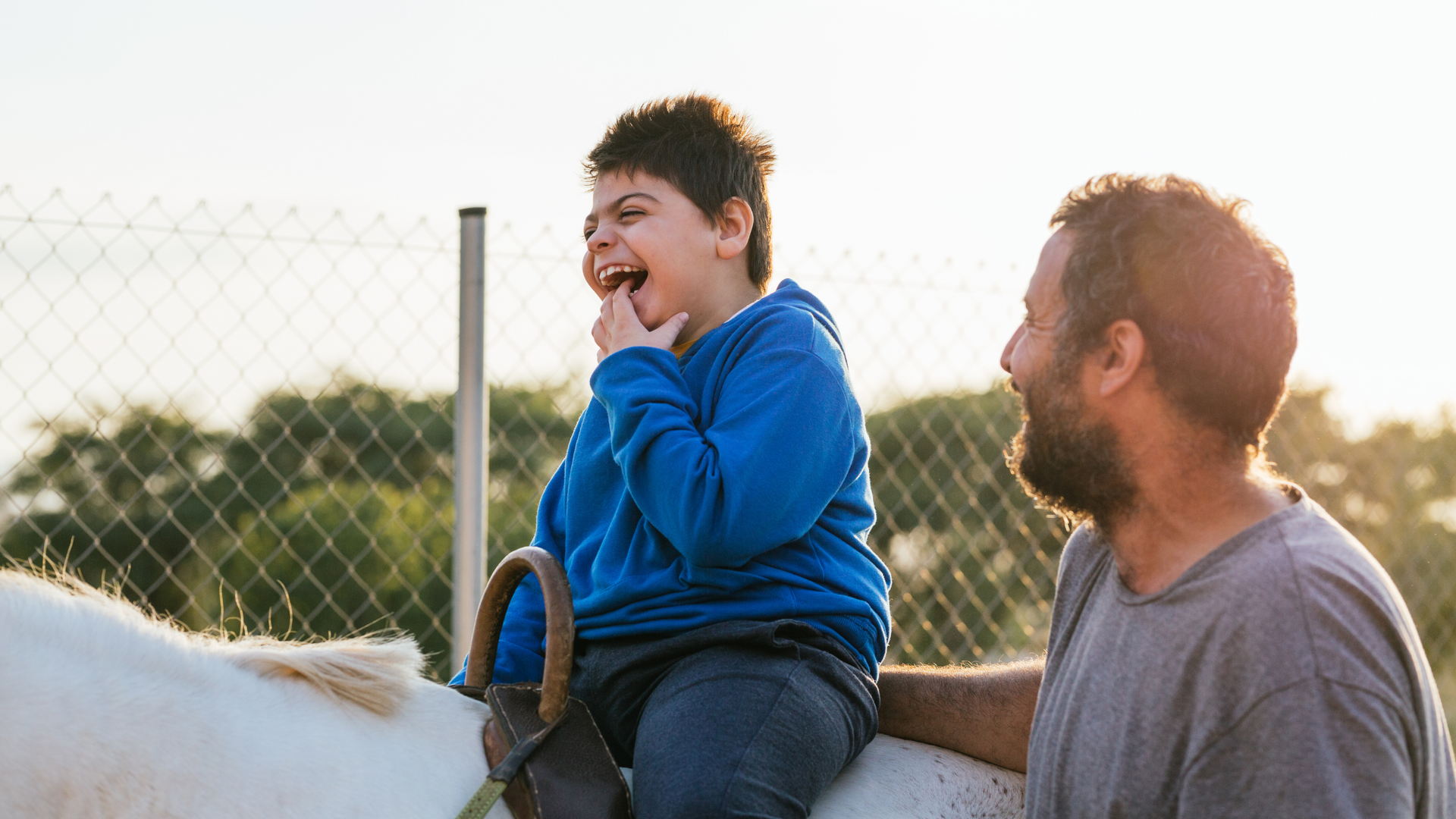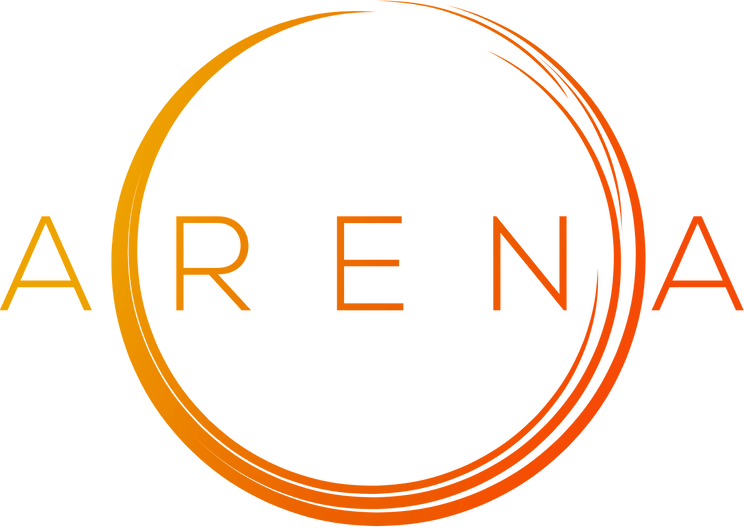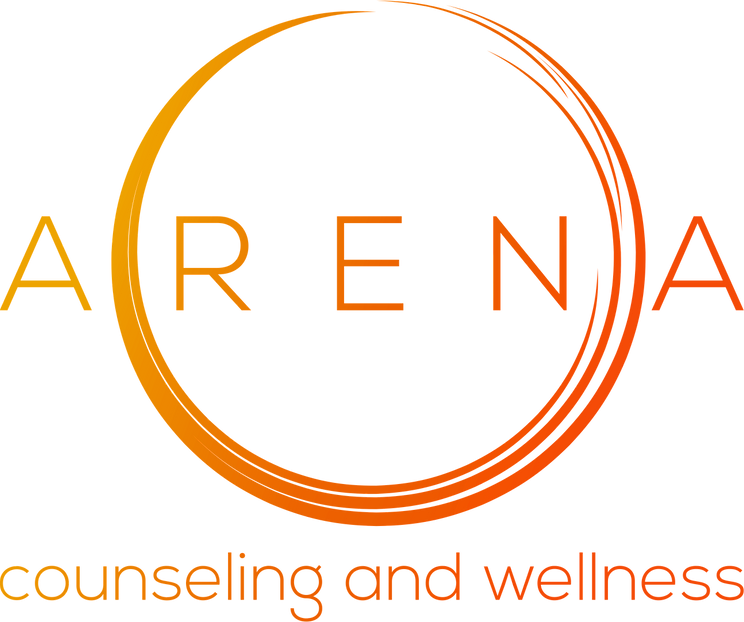Equine Therapy in Gainesville, FL
What is Equine Therapy?
Equine therapy, also known as horse therapy, is a form of experiential treatment that involves interactions between patients and horses. It is aimed at promoting emotional growth and learning.
Learn More
Frequently Asked Questions
-
What conditions and problems does equine therapy treat?
Equine therapy can be beneficial for a range of psychological issues, such as trauma, depression, anxiety, and behavioral challenges. It has been studied as a treatment for children with special needs and/or autistic spectrum disorder, showing evidence of effectiveness in improving self-efficacy and self-esteem in adults with psychiatric disorders. Additionally, it can help improve communication skills, build confidence, and enhance social skills.
-
What are the advantages of equine therapy?
The advantages of equine therapy include the promotion of emotional healing through non-verbal communication and the development of a bond with the horse. It provides an alternative for individuals who may not respond as well to traditional therapy settings. It also helps in building trust, empathy, and responsibility while providing immediate feedback through interaction with the horse.
-
What are the disadvantages of equine therapy?
Some disadvantages may include the cost, which is around $50 to $300 per session and is not always covered by insurance. There's also a requirement for physical access to a therapeutic riding center, which may not be available in all areas. Additionally, individuals with certain physical health conditions or allergies may not be able to participate.
-
What are the risks of equine therapy?
While equine therapy is generally considered safe when conducted by trained professionals, there are inherent risks in working with large animals, such as the potential for falls or injuries. There's also a risk of emotional distress, especially when processing complex emotions during therapy sessions. However, these risks are typically managed with proper safety measures and professional guidance.
-
What is the difference between equine therapy and therapeutic riding?
- Equine therapy is facilitated by mental health professionals alongside equine specialists and is designed to address psychological, behavioral, and mental health issues. The focus is not necessarily on riding skills but on the interaction and relationship between the patient and the horse.
- Therapeutic riding focuses explicitly on teaching riding skills to individuals with disabilities, and the primary goal is to improve physical, cognitive, and emotional well-being through the motion and connection with the horse. Certified therapeutic riding instructors lead these sessions, and the activities are structured to improve balance, coordination, strength, and confidence in riders.
The key distinction lies in the objectives and the facilitators of the sessions: equine therapy aims for psychological therapy with a mental health goal, whereas therapeutic riding focuses on the physical and educational aspects of interacting with horses.

Equine therapy is uniquely effective because horses are prey animals voluntarily bonding with a predator. That’s us. As a prey animal they are designed to read energy with perfect precision. They survive by fleeing when they sense danger.
- Our thoughts and emotions are energy. This the horse can read like no other domestic animal. If we are being honest with ourselves we will present a consistent energy that they can connect to. We may be scared, upset or even angry. The horses can hold our pain. They can connect to it and energetically release us from it.
- If we are not congruent in our emotions the horse will experience that as predatory energy. There may be emotions that we are experiencing at a subconscious level but the horse will know and walk away. This gives us very valuable information as we explore what the client was experiencing as the horse walked away.
- Horses are totally free of judgement. When they walk away it’s not a rejection of us. Simply an acknowledgment of how we are presenting at the moment. Soon they will return and hold space for us so that we can process our emotions.
- Our clients love interacting with the horses. We have multiple activities that aid in connection with them. The rhythm, the peace, the presence and clarity of mind is an experience that people can come back to even after returning to their everyday lives. Interacting with the horses creates an emotional regulation that people can regain any time.
How Equine Therapy Works:
- It has been reported to be effective in reducing irritability, agitation, and impulsivity in children, while also increasing cooperation, emotional regulation, capacity for delay, and behavioral control. A study from 2018 highlighted the benefits of equine-assisted therapy in addressing symptoms of anxiety, suggesting improvements in emotional response to trauma, mindfulness skills, and a reduction in alcohol use.
- The therapy sessions are facilitated by a professional therapist, often in collaboration with a horse professional.





